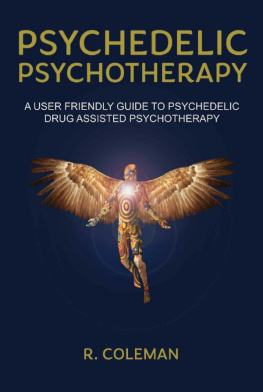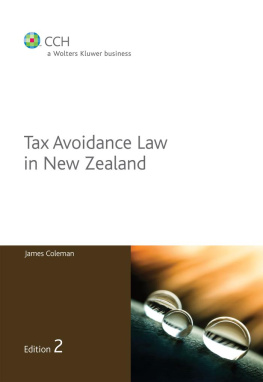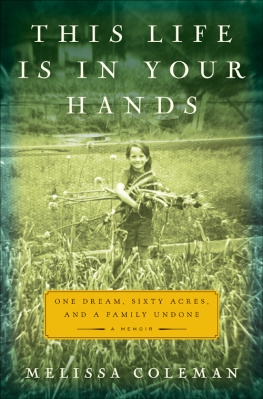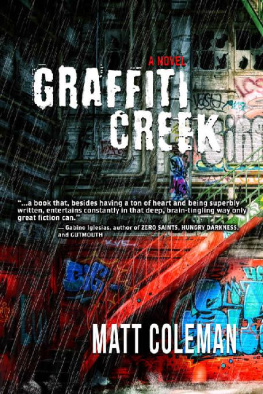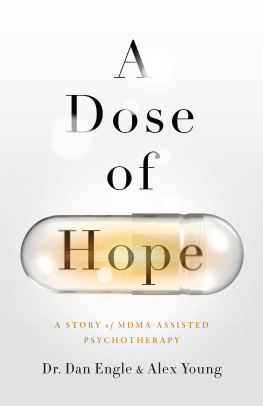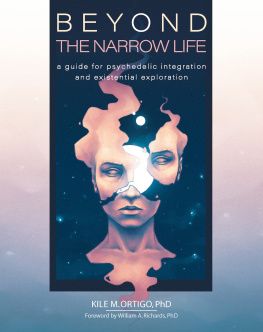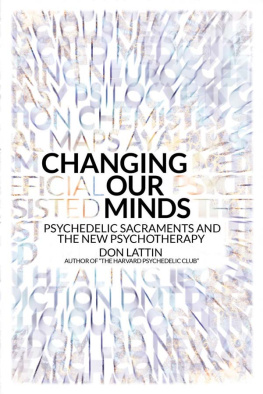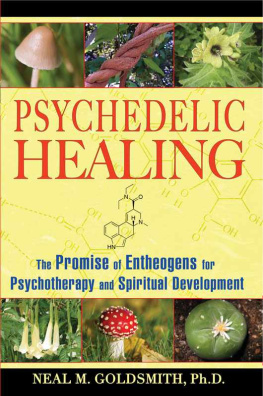PSYCHEDELIC PSYCHOTHERAPY
A USER-FRIENDLY GUIDE
FOR PSYCHEDELIC DRUG-ASSISTED PSYCHOTHERAPY
R. COLEMAN
CONTENTS
INTRODUCTION
The use of psychedelics for healing is a practice thousands of years old, and is well-documented in indigenous cultures all over the world. Today, psychedelic drugs are proving to be extraordinary catalysts that accelerate healing and transcend the limitations of mainstream psychotherapy.
Psychedelic drugs are commonly associated with young people getting high in stimulating, hedonistic, social environments like music festivals.
Although most people today know of psychedelics only as recreational drugs, their earliest recorded uses were religious and therapeutic. In the 1950s and
60s, hundreds of psychotherapy sessions were conducted using LSD and other substances. This work went underground but did not end when psychedelics were made illegal. Courageous therapists and guides willing to risk working outside the law found that psychedelics allowed them to help people who had not responded to conventional treatment.
This manual is intended to be a resource for those using psychedelic drugs for psychological healing in controlled, therapeutic settings that promote focused introspection. This guide is dedicated to suffering individuals who seek to be truly free from the debilitating effects of childhood trauma, and to those who wish to help them.
The information contained herein was learned during three decades of the authors personal healing and professional experience facilitating thousands of psychedelic therapy sessions.
This is by no means THE definitive guide to all the possible ways psychedelics can be used for healing. There are extensive known and yet to be discovered ways that psychedelics can facilitate psychological healing, personal growth, and spiritual awakening.
Psychedelics are powerful but potentially dangerous tools to access the human psyche. Use these drugs with great caution. Psychedelic therapy requires courage and determination to face ones deepest fears. The process can be challenging and painful--it should not be undertaken alone.
Psychedelic therapy can be profoundly transformational, when used in a careful and informed manner.
Note: In this guide, psychedelic sessions are referred to as journeys.
Time spent in an altered state is referred to as journeyspace. All journey stories and excerpts are from actual sessions.
The Author's Story
In my early twenties, I was disturbed by the suffering and madness in the world. I embarked on a quest to find the meaning and purpose of life. My search led me to a guide who introduced me to psychedelics. During my sessions, I had transcendent, mystical experiences that expanded my worldview beyond the confines of my five senses. I experienced my life as a brief moment in infinite time and space. I awakened from the trance of limiting beliefs and mundane, consensus reality. I felt connected to God, my soul, and the sacredness of all living things. My spiritual life soared, but serious health, sexual, and relationship issues persisted. I still suffered from chronic fatigue, depression, and bleeding ulcers in my colon.
I tried treating my symptoms with conventional and alternative medicine. This approach produced some relief, but did not get to the root cause. I searched for psychosomatic origins. Psychotherapy was expensive and frustratingly slow.
I felt like I was rearranging deck chairs on a capsizing Titanic. I was sinking. I was suicidal.
One day, I met a therapist who recommended using MDMA to get unstuck. From the very first session, I began making amazing breakthroughs. The split between my mind and body began to dissolve. Being present in my body became an experience, not a concept. My heart opened. I could access blocked emotions as never before. As I continued psychedelic therapy, I discovered and worked through trauma of childhood neglect and abuse. Hidden sources of my chronic illness, anxiety, and depression were revealed. My colitis healed, my depression vanished, and my health improved. As my sexual and relationship issues healed, I was able to manifest the healthy, happy marriage I enjoy today.
I spent years in cognitive and Reichian therapy before I discovered psychedelic-assisted psychotherapy. I meditated, practiced yoga, got Rolfed and rebirthed. All these were helpful, but were only able to take me so far. I believe that without the help of psychedelics I would never have healed.
Psychedelic therapy saved my life.
PSYCHEDELICS AND HEALING
Psychedelic work is distinct from any other healing modality currently available. Psychiatric medication is designed to extinguish or alleviate symptoms. Psychotherapy and Psychoanalysis aim at finding solutions through cognitive and behavioral modification or through construction of a long-term healing relationship between therapist and client. Even when augmented by clinical hypnosis, dreamwork, energy psychology, and other excellent techniques, the healing of deeply entrenched defense patterns arising from profound early trauma, if successful at all, takes many years in talk-based therapies. Bodywork, breathwork, and other body-centered healing modalities may bypass the body-mind defenses, but they cannot tap as deeply into our innate mechanisms for healing as do properly used psychedelics.
Psychedelics permit the innate intelligence of the body, developed during five million years of evolution, to step in and unleash natural healing from the inside. They allow healing at the root cause of our ailment, be it physical, emotional, cognitive, spiritual, or a combination of these. They work in the places the intellect is afraid, or unable, to go. Psychedelics quickly zero in on the blocks, constrictions, dysfunctions, and mental distortions that accumulate over a lifetime. Psychedelics permit an individual to access unconscious and highly defended memories that are accessible through other modalities only after many years of work, and sometimes not even then. They cut through denial and provide a safe container for the release of trauma. They provide the clarity and openness that lead to integration, making it possible for people to reclaim their whole, fully-functional selves and realize their highest potential.
These pages offer the collective experience, knowledge, thoughts, and observations of practitioners and subjects who have used psychedelics for healing. The field is new, the work experimental and groundbreaking. What works for one person may be of little or no help to others. No doubt, scores of additional psychedelic healing techniques will emerge as this work continues to gain acceptance. The information provided here is offered as a kind of rough roadmap--an early travel guide to an as yet sparsely traveled land.
HOW PSYCHEDELIC THERAPY HEALS TRAUMA
Evolution has equipped humans with a variety of mechanisms to encourage survival, even in the face of major traumatic injury. Important among these survival mechanisms is dissociation. Dissociation means that trauma is not being felt, experienced, absorbed, or assimilated by the person to whom it is happening. A traumatic injury can be so emotionally overwhelming that the stress could kill a person or bring on a psychotic breakdown. But if some or all awareness of the trauma can be set aside, or experienced as something else while it is happening, the survivor may be able to withstand the initial impact.
Later, when they have reached safety and become stronger, they can feel the trauma and let it go.
For example, imagine you are driving up a winding mountain road at night. Suddenly, an oncoming eighteen-wheeler careens across the center meridian, speeding right towards you! You panic, swerve, and narrowly escape a head-on collision. Your heart races and your body shakes, but you must keep driving another eighty miles to reach a place where you can pull over and calm down. To carry on, you have to override your fear and your bodys reactions by suppressing your breath, tensing your muscles, and blocking your thoughts of the incident until you get to the place where you can safely fall apart and recover. Something like that happens in response to any highly threatening incident when there is no safe way to process the pain and emotion out of the nervous system.

